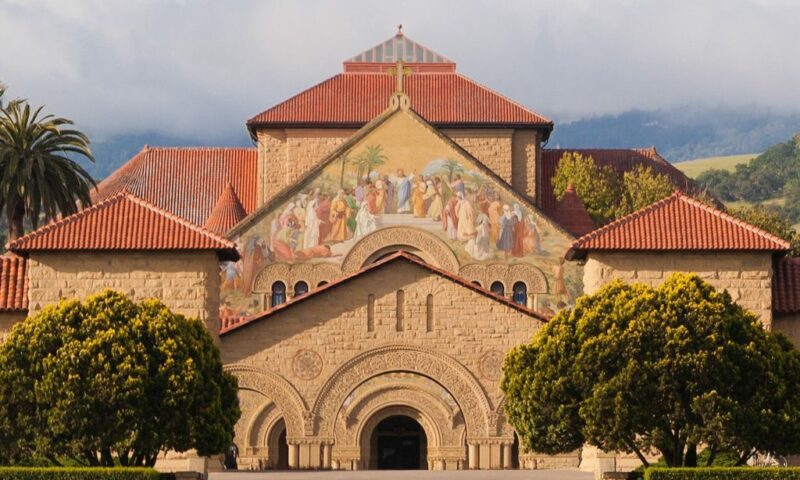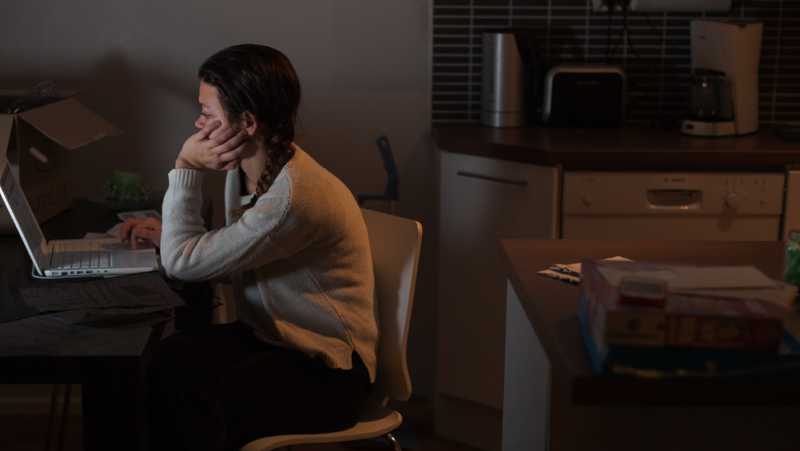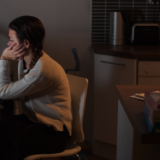

Published by CBS News
Police were investigating a possible hate crime at the Brentwood home of LeBron James after a racial slur was spray-painted on a gate outside of his house,


Co-published by International Business Times
California’s GOP Congressional delegation has formed the backbone of Trump’s legislative efforts, marching largely in lockstep with the president’s agenda, even in districts where such Trump priorities as Obamacare repeal might adversely affect large numbers of their constituents.


California provides a substantial number of Trump’s enablers and protectors. Some conceal their support of the president and his far-right policies behind venerated towers, such as Stanford University; others simply keep mum in the presumed anti-Trump bastion of Silicon Valley.


As the 2016 presidential campaign intensified, California business people would prove to be a critical source of financial support for Donald Trump, especially as more traditional GOP donors kept their distance from the unconventional candidate.


Most people don’t realize that when corporations are hit with massive punitive-damage awards, they actually pay far less than the amounts reported in news accounts. The financial sting of those awards can be eased because companies can deduct the amount paid from their taxes.


Published by AP News
CLEARLAKE, Calif. (AP) — A white man in California was charged Tuesday with a hate crime for stabbing a black man with a machete after yelling racial slurs, the district attorney’s office said.


The stories of the more than 800,000 men, women and children working in California’s fields—one-third of the nation’s agricultural work force—are rarely heard. A new book, Chasing the Harvest, presents oral histories of people whose lives have been shaped by California agriculture.


The Commune a drama by film director Thomas Vinterberg, who himself grew up in a communal house in Denmark, explores the fun and sometimes nightmare of building a sustaining community of unrelated adults and kids.


Co-published by Fast Company
Online-therapy companies are raising ethical questions about what it means to put technologists in charge of a mental health care platform with unique. Will people suffering from depression or suicidal urges be considered as patients or consumers by the new startups?


When writer and veteran union organizer David Bacon speaks of “people who travel with the crops,” he means the agricultural workers who move from place to place to cultivate and harvest California’s fields. They are also the subject of his newest work of photojournalism.